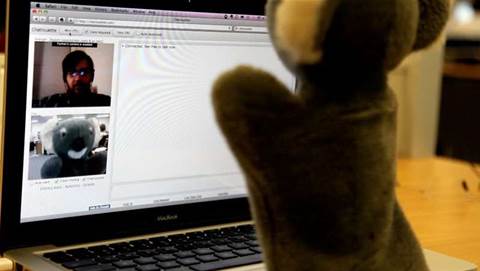Bush signed the Telephone Records and Privacy Protection Act of 2006 five weeks after the Senate unanimously approved the bill on 8 December.
The bill, also known as HR 4709[109], was first introduced in April 2006 by Texas congressman Lamar Smith.
The legislation makes it illegal for individuals to fraudulently represent themselves as others in order to obtain phone records. Penalties include a maximum of 10 years in prison and US$500,000 in fines.
No opposition votes were lodged in either US parliamentary houses, receiving unanimous approval in the House of Representatives and in the Senate.
"Sales of fraudulently obtained phone records flourished because the possibility of criminal prosecution was remote," said Smith.
"The bill's unanimous support in both houses sends a strong message to data thieves that this activity will not be tolerated."
Efforts to criminalise the practice of pre-texting in the US gained worldwide attention during last year's spying scandal at HP.
Private investigators hunting the source of a boardroom leak used the tactics to obtain the records of current and former HP employees, as well as journalists.
HP's home state of California passed a law banning the practice on 3 October, during the peak of the scandal.
Similar restrictions are on the legislative books in the UK. Authorities invoked the Data Protection Act in November to convict a couple of using pre-texting techniques to obtain and resell personal data.


_(28).jpg&h=140&w=231&c=1&s=0)
.png&h=140&w=231&c=1&s=0)






 iTnews Benchmark Awards 2026
iTnews Benchmark Awards 2026
 iTnews Executive Retreat - Security Leaders Edition
iTnews Executive Retreat - Security Leaders Edition
 iTnews Cloud Covered Breakfast Summit
iTnews Cloud Covered Breakfast Summit
 The 2026 iAwards
The 2026 iAwards











_(1).jpg&h=140&w=231&c=1&s=0)



